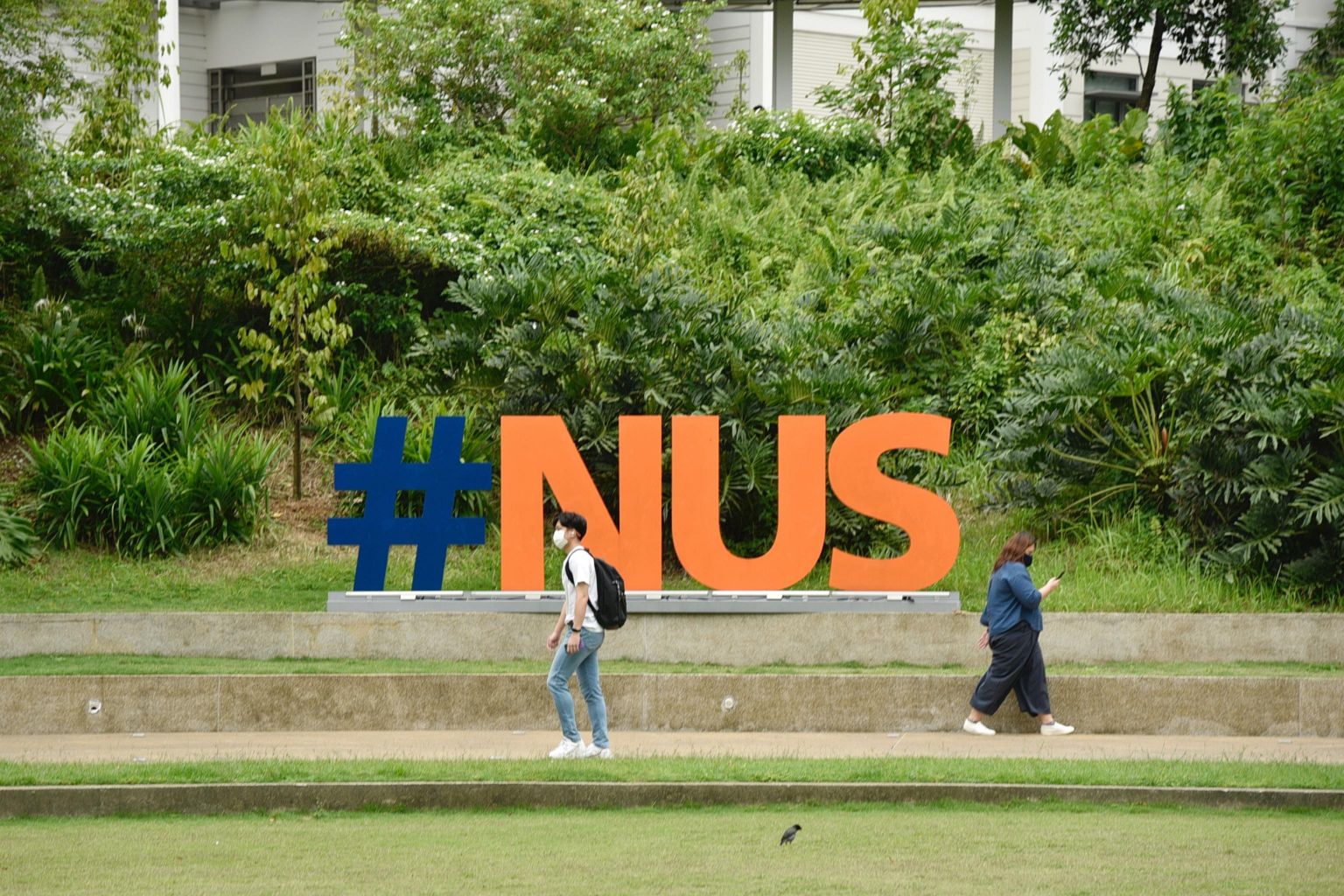New common curriculum for incoming NUS engineering, design and environment students
Sign up now: Get ST's newsletters delivered to your inbox

The students will know more about net-zero buildings and electric cars, as part of the new curriculum.
PHOTO: ST FILE
Follow topic:
SINGAPORE - Engineering and design and environment students joining the National University of Singapore (NUS) from this year will find out more about net-zero buildings and electric cars, as part of a new common curriculum in August.
They will also take a new compulsory module to help them communicate, for instance, in situations where they have to work in teams or market their technologies.
About 1,800 new undergraduates enrolling in the School of Design and Environment and the engineering faculty will take a new set of seven core interdisciplinary modules, NUS announced on Monday (Feb 22).
University officials said at a briefing both fields have increasingly seen a convergence in skills and knowledge required for work.
Two of the modules are new - Sustainable Futures and Creating Narratives - while others cover topics like artificial intelligence, project management and design thinking.
Some of these are currently only available at either school, but will be extended to students from both sides in the new academic term.
For instance, existing modules like project management and design thinking at the school of design and environment will be open to engineering students.
NUS engineering faculty dean Aaron Thean said previous batches of students had given feedback that they needed skills for project management.
Dean of the School of Design and Environment Lam Khee Poh said: "(Students) can gain a much broader exposure to the various elements that contribute to design, beyond just the traditional notion of aesthetics and beauty. There are practical and managerial aspects to delivering the end product."
Students from both schools will also undertake an interdisciplinary project that is worth two modules.
They will have more flexibility to pursue second majors and minors, without having to extend the length of their studies or increase their workload, with lower major and minor academic requirements.
NUS senior deputy president and provost Ho Teck Hua said while the major requirements will be lower, some of the content is weaved into the common curriculum. Students can also take up more major modules to specialise further.
The engineering faculty, which has an undergraduate intake of over 1,500, has 10 majors, including electrical engineering.
The School of Design and Environment takes in about 330 undergraduates yearly and offers four majors - architecture, landscape architecture, industrial design, and project and facilities management.
Students from these two schools graduate with a direct honours degree in four years.
The latest announcements come after NUS' launch of a new College of Humanities and Sciences in December. Its incoming students will take 13 common interdisciplinary modules in areas such as design thinking and scientific inquiry.
Professor Lam said: "The practice of architecture and engineering is thousands of years old, ever since human beings have been building.
"If you look back into history, there was really no such differentiation (between both fields). We need to learn from that to see how civilisations of the past have accomplished great breakthroughs."
Students are not expected to be masters of all disciplines, he added.
"However, the spirit of collaboration and teamwork requires all of them to have a basic understanding, at least have the ability to communicate the problem statements and ultimate solution."
Meanwhile, from August, about 7,000 incoming students from NUS will need to take up community projects and be graded for them.
Under a new semester-long Communities and Engagement module, they can opt for projects related to topics of their interest, like climate change or access to healthcare.
Prof Ho Tsaid the idea is to get students started on a cause which they could continue in their own time, and develop in them a sense of social responsibility and empathy.
The module will comprise in-class assignments and working with community partners, while guided by faculty experienced in community engagement, he added.
Professor Bernard Tan, NUS senior vice-provost (undergraduate education), said students have already been taking part in service learning projects for years.
"We are not starting from scratch... it's important for us to extend this experience to all NUS undergraduates," he said.
The module is part of NUS' general education curriculum to expose students to knowledge and skills outside their specialisations, and prepare them for work and society. It was last revamped in 2015.
Under the refreshed general education offerings, students will have to take modules from six "pillars", one of which is the new community engagement project.
The other five pillars are cultures and connections, Singapore studies, critique and expression, data literacy and digital literacy. These cover topics such as computational thinking and Singapore's relationships with Asean and the world.

